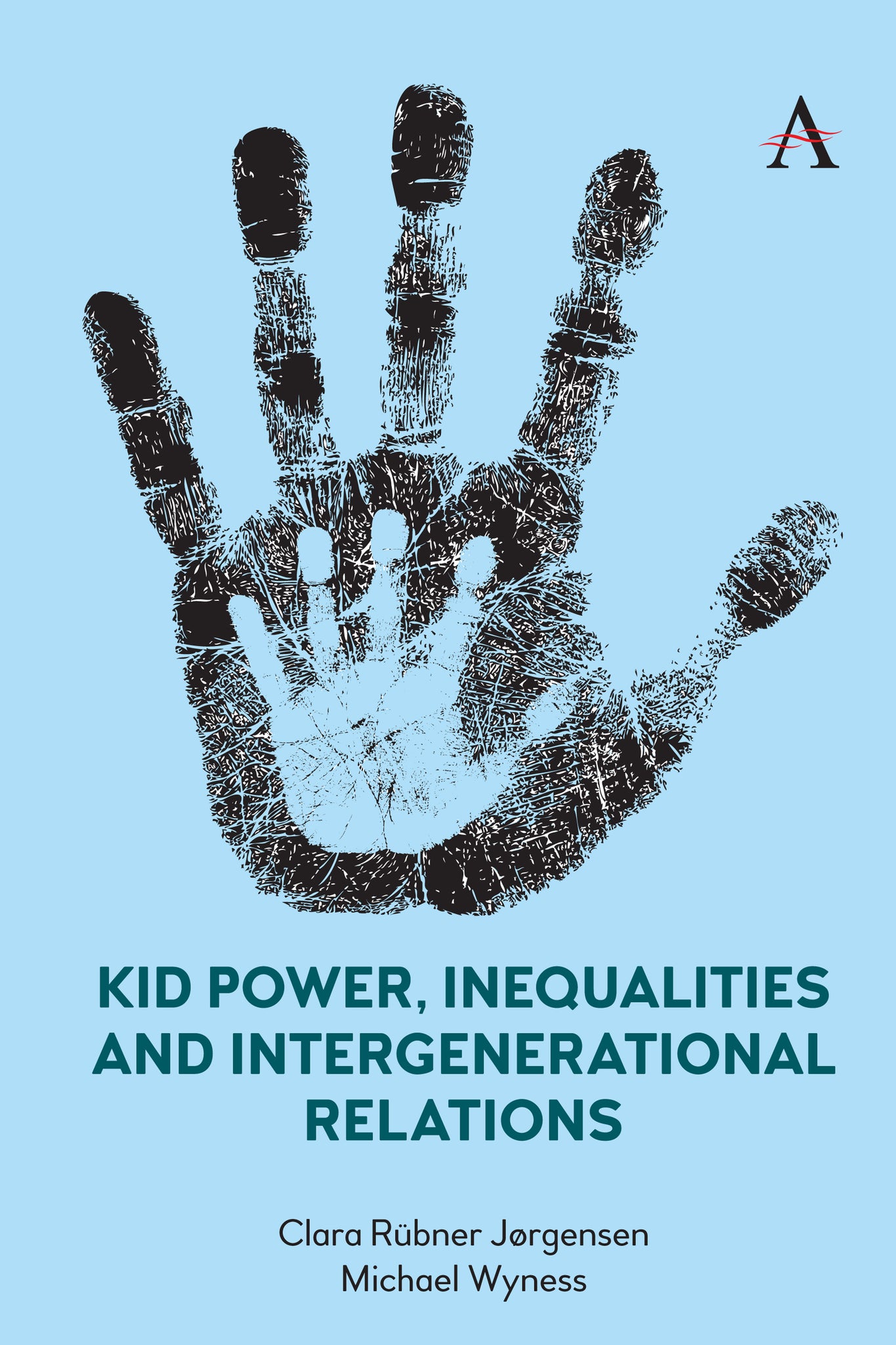We're sorry. An error has occurred
Please cancel or retry.
Kid Power, Inequalities and Intergenerational Relations

Some error occured while loading the Quick View. Please close the Quick View and try reloading the page.
Couldn't load pickup availability
- Format:
-
06 June 2023

Contemporary understandings of inter-generational relations assume that the balance of power has shifted from adults towards children in recent years. The rise of children’s rights, the trend towards more child-centred pedagogies and practices within schools and the incorporation of children within a global free market as consumers have all been interpreted as the loss of adult power and the consequent growth of kid power.
This book critically examines these ideas and reframes the zero-sum conceptions of power implicit within such assumptions. It draws on Lukes’ three dimensions of power and Foucault’s theory of power and knowledge in advancing the view that kid power is inter-generational, multi-dimensional and distributed variably across the child population. The book illustrates this theory through children’s political activism, their digital power and the varied roles they play within their families and communities. The book also offers a brief re-examination of kid power within the current context of Covid-19.

SOCIAL SCIENCE / Children's Studies, Age groups: children, SOCIAL SCIENCE / Sociology / Social Theory, SOCIAL SCIENCE / Sociology / General, Social theory, Sociology

‘This is an important, timely, and well-argued book which outlines a new, multidimensional, non-zero-sum model for understanding inequalities and power in children’s inter- and intra-generational relations.’ — Leena Alanen, Professor emerita (Early Childhood Education), Adjunct Professor/Docent (Sociology), University of Jyväskylä, Finland
Acknowledgements; Introduction; Section 1: The ‘Problem’ of Kid Power; 1. Power and Children; 2. Global Rights and Kid Power; 3. Child- Centredness, Schooling and Kid Power; 4. The Loss of Adult Power?; Section 2: Reconstructing Kid Power; 5. Family, Generation and Mediation; 6. The Internet, Social Media and Kid Power; 7. Children’s Community Action; 8. The Power of Children’s Participation and Involvement in Research; Conclusion: A Model for Kid Power – Implications and Thinking Forward; Postscript: Covid-19; References; Index.



